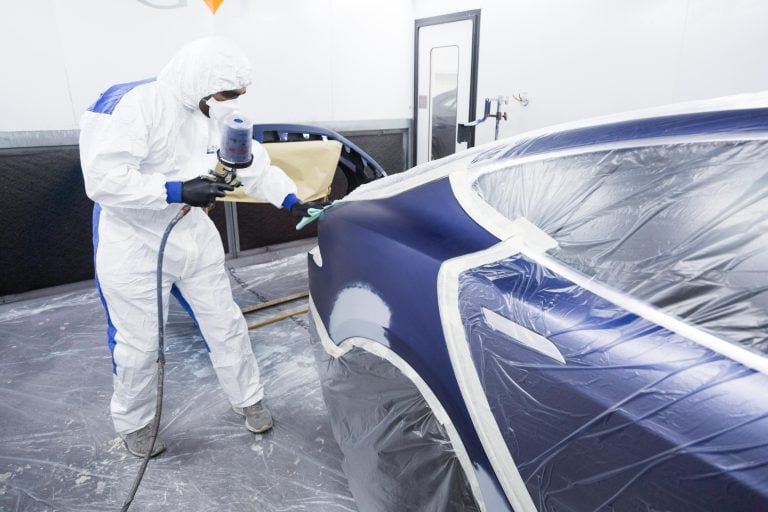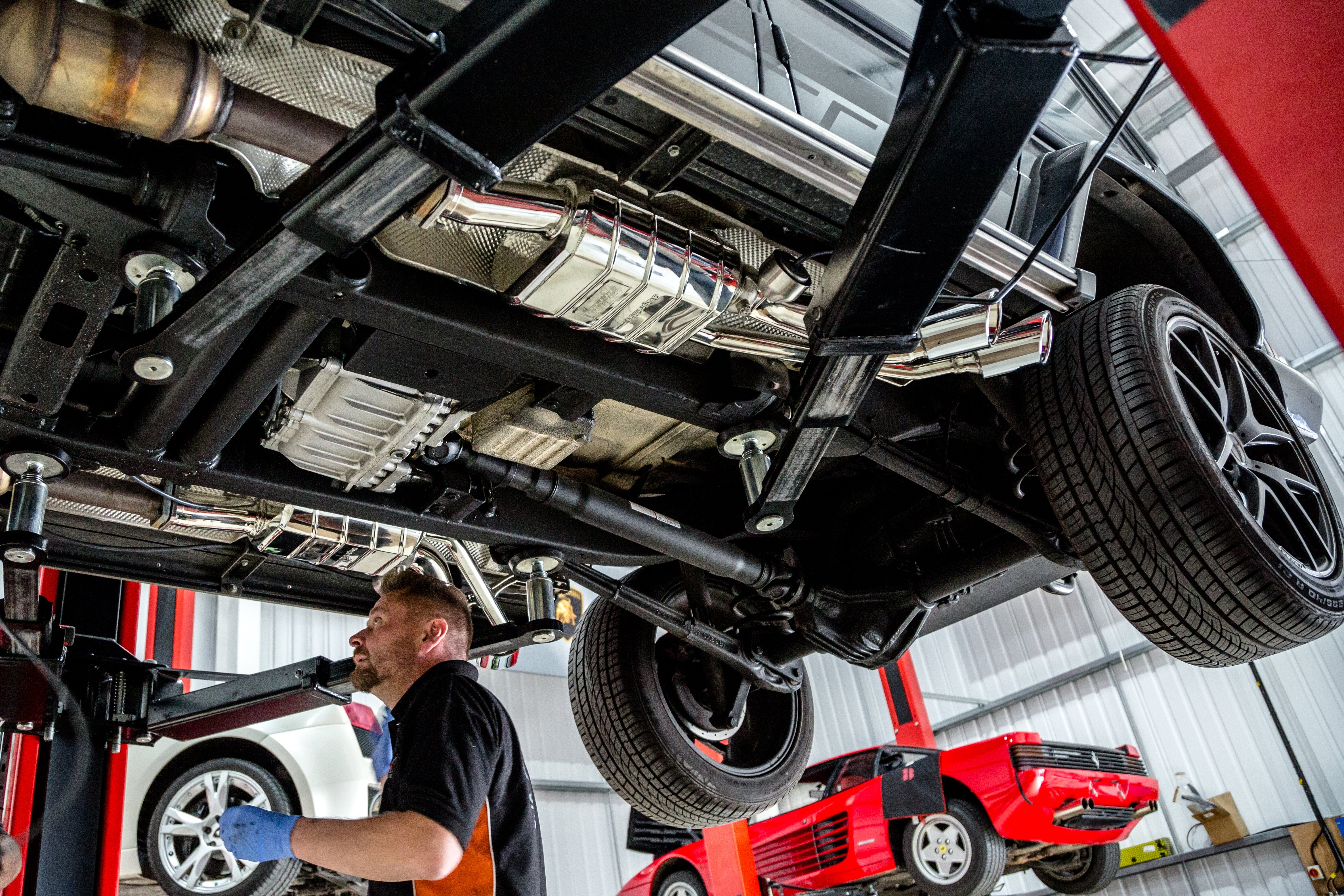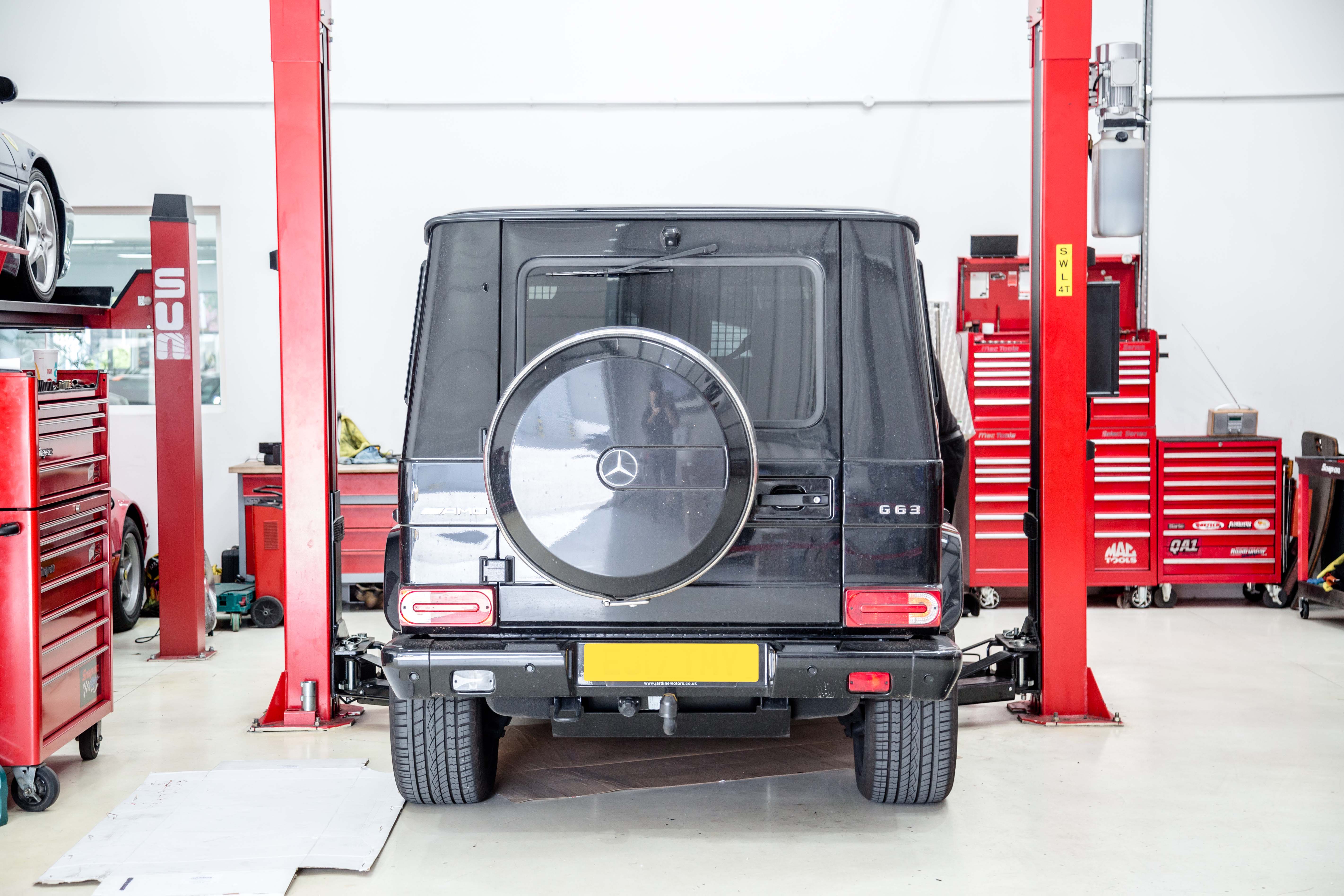- Servicing Case Studies
Winter Car Servicing Tips to Keep Your Vehicle Road-Ready | GVE London – Blog
Get your car winter-ready with expert servicing tips. From battery checks to tyres, fluids & heaters—stay safe on icy roads with GVE London’s winter care.
Machines and winters aren’t the best of friends; we’re sure you’ve noticed the same. The cold weather brings plenty of annoyances and plenty of very real risks. Car servicing in winter matters greatly, and not just for older cars. Here is a guide for winter servicing and what it should include so you and your car can tackle the cold together.
Winter Car Servicing Tips
Start With Your Battery — Cold Weather’s Number One Victim
Batteries struggle a lot in the cold. The temperature drop reduces their ability to hold a charge, and if your battery is already old and struggling, one cold morning and your car won’t start.
Winter car servicing in London should include testing your battery’s health and charging system. If your battery is over three years old, you can always ask your technician for a load test. It is easier and more convenient to replace a battery if it’s struggling than to wait for it to stop working and deal with that mess.
Check Your Tyres; Get A Grip
You don’t need chains or snow tyres, but you do need traction that worn-out tyres won’t be offering. If the tread is below 3mm, your grip will suffer, especially in wet conditions. And tyre pressure drops as the temperature falls, which affects both fuel economy and handling.
Don’t Overlook Fluids — They Do More Than You Think
Engine oil thickens, screen washers and coolants freeze. The winter takes its toll on fluids. Thick engine oil won’t do its job, neither will frozen coolant and screen washers. And check your coolant, too. It’s easy to assume it’s fine, but coolant needs the correct mix of antifreeze to stop your engine from freezing or overheating.
Screenwash should also be checked. Some cheaper ones freeze easily, making your windscreen near impossible to clear when you need it most.
Read Also: How to Keep Your Car Clean During Winter?
Wipers, Lights And Heaters — It’s The Small Things That Fail First
Winter is hard on little parts. Wiper blades wear out faster because of frost, grit and road salt. Make sure they’re clearing properly and not just smearing across your view.
Lights are another big one. You’ll be using them more often, especially in short daylight hours. A winter car servicing should include a full lighting check — not just the bulbs, but the alignment and beam pattern too.
Heating and demisters matter more than you think. If they’re underperforming, they can make winter driving uncomfortable and dangerous. Any good car servicing centre like GVE London should be able to test and fix heater issues before they get worse.
Supercars And Luxury Models Need Extra Care In Winter
High-performance vehicles are built for speed and dry roads, not icy mornings and pothole-ridden lanes. That, however, doesn’t mean you shouldn’t or can’t drive them; just that you need to be a little careful. A visit to a dedicated supercar service centre is your safest bet. These specialists will know what to look out for, from suspension checks to protecting expensive alloys and low-profile tyres.
Booking A Winter Service In Uxbridge Or London? Choose Wisely
Local garages vary a lot. Some do the bare minimum. Others take the time to check everything that matters. If you’re booking winter car servicing in Uxbridge or arranging car servicing in London, go with a team that understands seasonal issues. Make sure they inspect brakes, battery health, tyres, fluids, and those cold-sensitive components.
Final Word
Winter driving can be risky without proper care. Preparation is a must in order to save yourself from breakdowns, big bills and mornings you spend waiting for recovery vehicles. If you’re in Uxbridge or London, head on down to GVE London in West London. We’re a supercar service centre and we’ll ensure your car is ready to take on the cold. Furthermore, being enthusiasts, we not only perform the usual repairs and service but can work on customisation, modifications and detailing as well. To know more, hop on a call with us today!
Frequently Asked Questions
There’s no magic number, but most experts recommend preparing once temperatures drop below 7°C. That’s when tyre grip, battery strength, and fluid performance start to decline.
Yes, in fact, it’s a good idea. Road salt and grit can damage paintwork and corrode underneath your car. Just make sure to dry door seals and locks properly afterwards to prevent freezing.
Not really. It’s a good safety measure, but it doesn’t replace essential checks like fluid levels, battery condition, or brake wear. It should be part of a broader winter prep, not the whole package.
Contact Us
"*" indicates required fields
OUR SERVICES
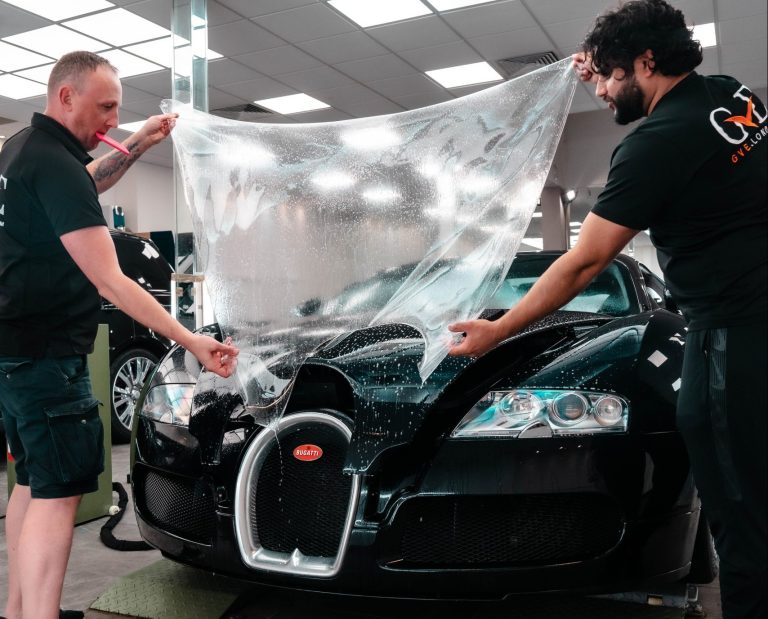
PAINT PROTECTION FILM
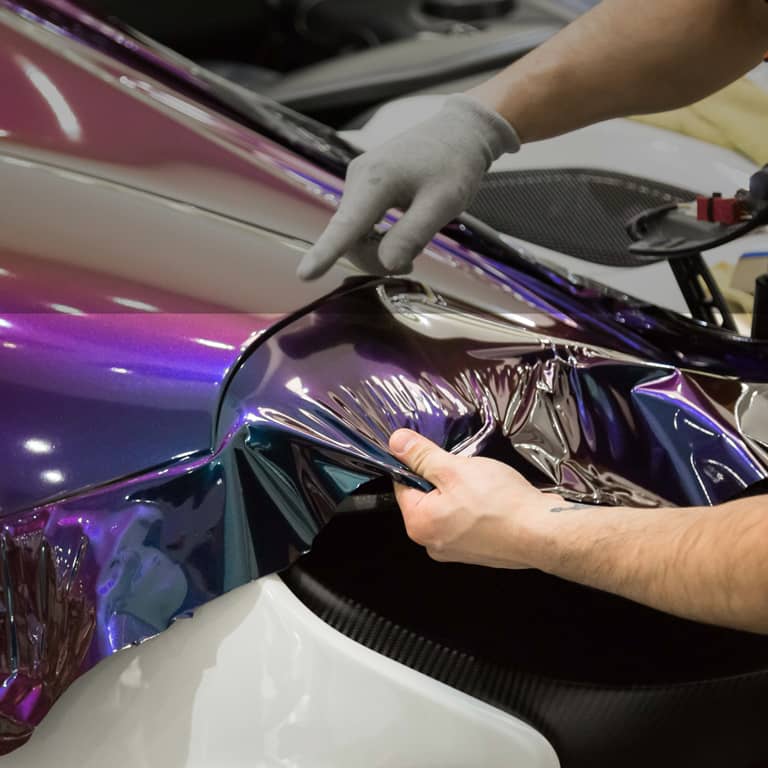
WRAPPING
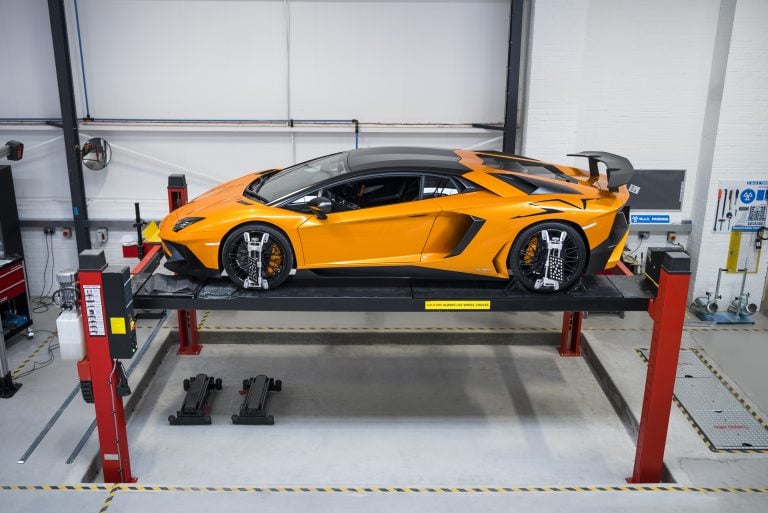
SERVICING
